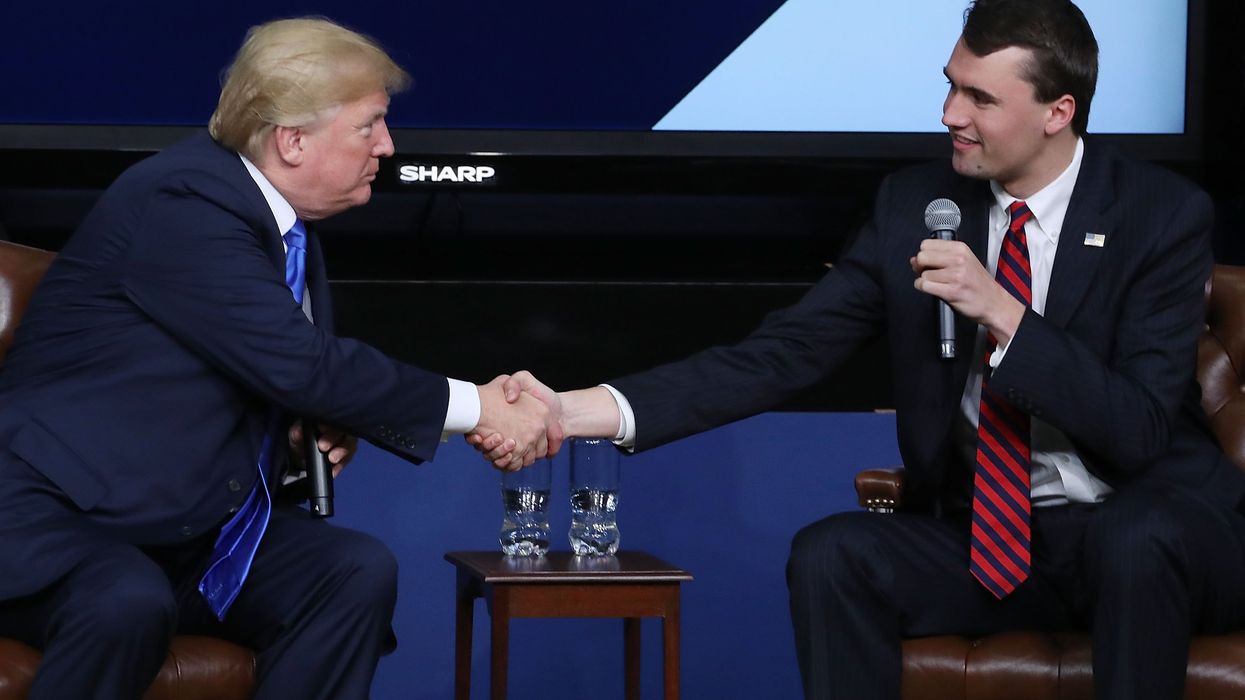Sen. Mike Lee (R-UT), author of Our Lost Constitution: The Willful Subversion of America's Founding Document, joined The Glenn Beck Program on Monday to discuss a new rule for search and seizure warrants that will go into effect soon --- unless Congress stops it.
"One warrant will allow you to open up millions of computers. Anyone who had that virus, you now are at stake. It's out of control," Glenn said Monday on his radio program.
Touted as a simple procedural change, this new ability would allow the government to access millions of computers across all kinds of jurisdictional lines with the approval of just one judge.
"This starts to look a little bit more like the general warrant that I discussed in my book. The general warrants were the ones used by King George III and his ministers that prompted us to adopt what is now the Fourth Amendment," Senator Lee said.
The new rule will go into effect December 1st unless Congress moves to block or change it.
Listen to this segment from The Glenn Beck Program:
HIGHLIGHTS OF GLENN’S CONVERSATION WITH MIKE LEE
• The number of people the government would have access to with the new warrant: By the time they are just using my contact list and up to three levels past it, they have access to records of 2.8 million people. That is not the spirit of the Constitution at all. --- Glenn
• What the nosy NSA used to know from your telephone usage: All kinds of private things about you --- the condition of your health, your age, your sex, your marital status, your employment status, what you do for a living, what your hobbies are, your political affiliation and so forth. --- Senator Lee
• Why Senators Lee and Leahy stopped the NSA from gathering your personal data: That's wrong. It's none of their business. It's one of the reasons why we brought that to an end with the measure that Democratic Senator Pat Leahy and I introduced called the USA Freedom Act. --- Senator Lee
• The chapter of Senator Lee's book that tells the story of why he voted against reauthorizing the Patriot Act: As I explained in chapter five of my book, Our Lost Constitution, which tells this whole story, the minute we start talking about Constitutional restrictions, about the letter and the spirit of the Fourth Amendment, which says that the government can't use general warrants against you. It can't go out and just say, "Bring me the information on the bad guys, bring it all to me." --- Senator Lee
• On the new movie Snowden: I saw Snowden this weekend, and it's terrifying. It's honestly a movie that I think every American should see. --- Glenn
• What the church committee, headed by Idaho Senator Frank Church, found back in the 1970's: In every presidential administration, from FDR all the way through Nixon, our country's intelligence gathering agencies had been used to engage in political espionage, meaning to collect information on political enemies and use it for the political benefit of whoever was in charge. --- Senator Lee
• On permanent political ink: By the way, I wasn't born with an R or a D on my ankle. I haven't gotten it tattooed on since then. I don't intend to.
Featured Image: APRIL 28: Senator Mike Lee speaks during #JusticReformNow Capitol Hill Advocacy Day at Russell Senate Office Building on April 28, 2016 in Washington, DC. (Photo by Leigh Vogel/Getty Images)

 Mark Wilson / Staff | Getty Images
Mark Wilson / Staff | Getty Images
 John Greim / Contributor | Getty Images
John Greim / Contributor | Getty Images